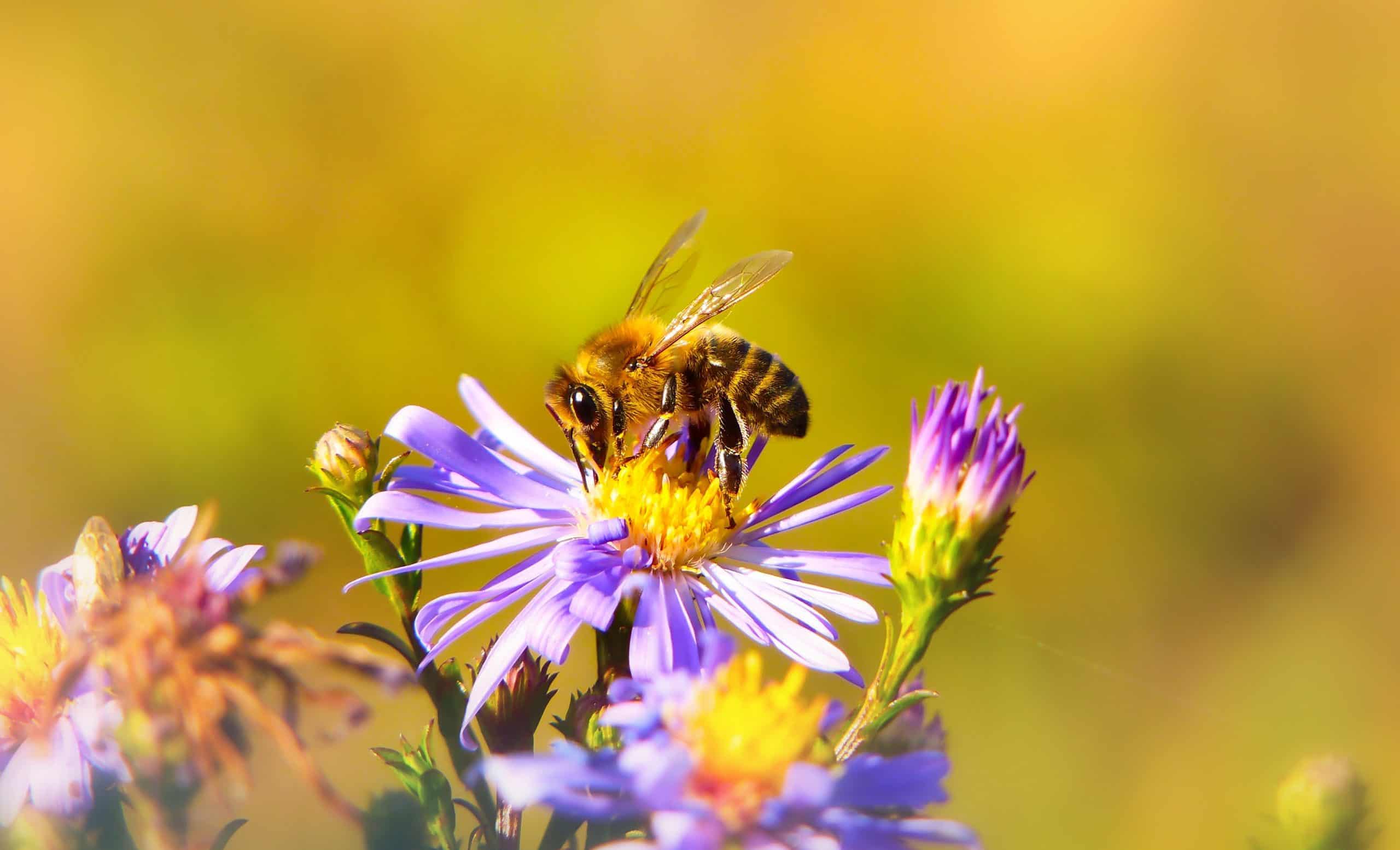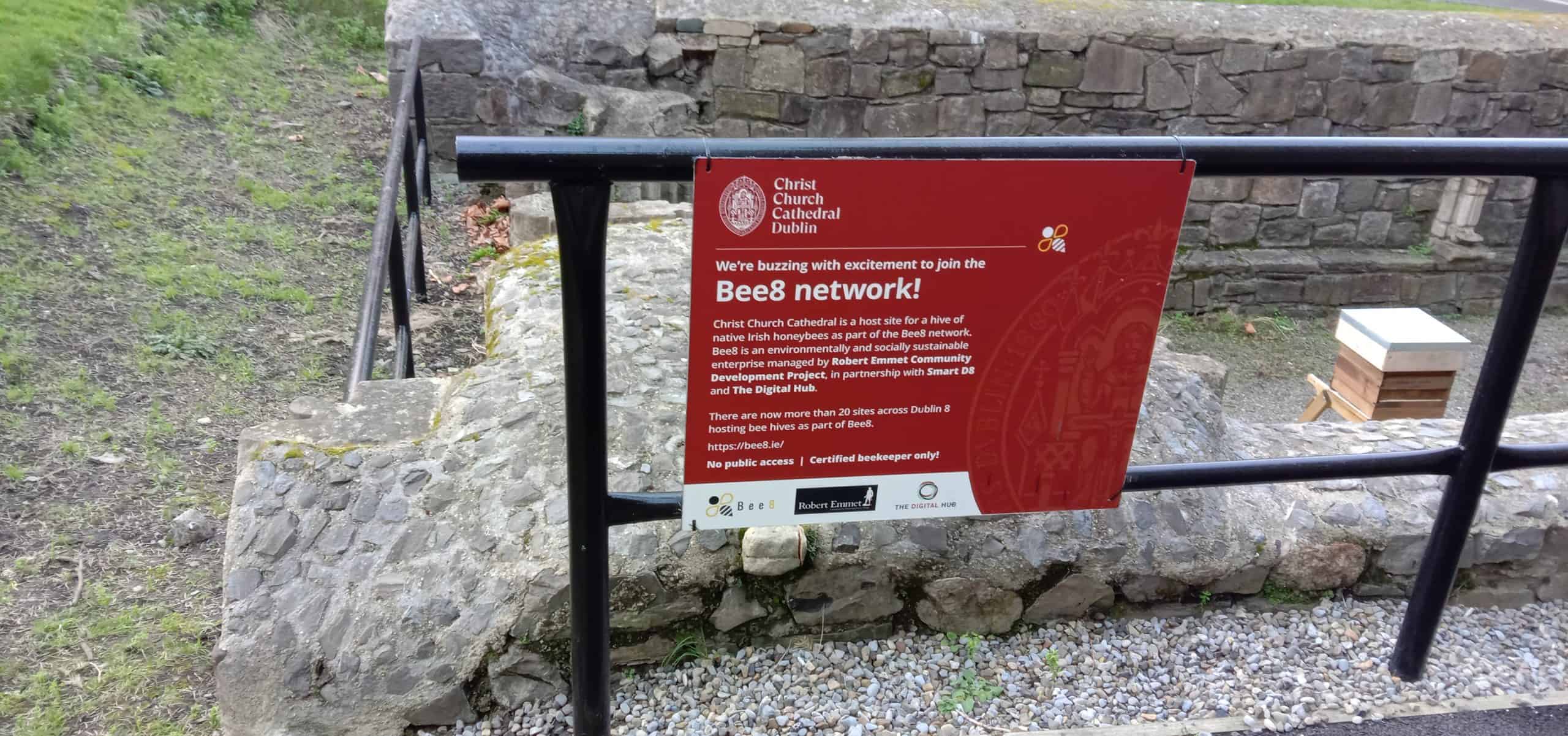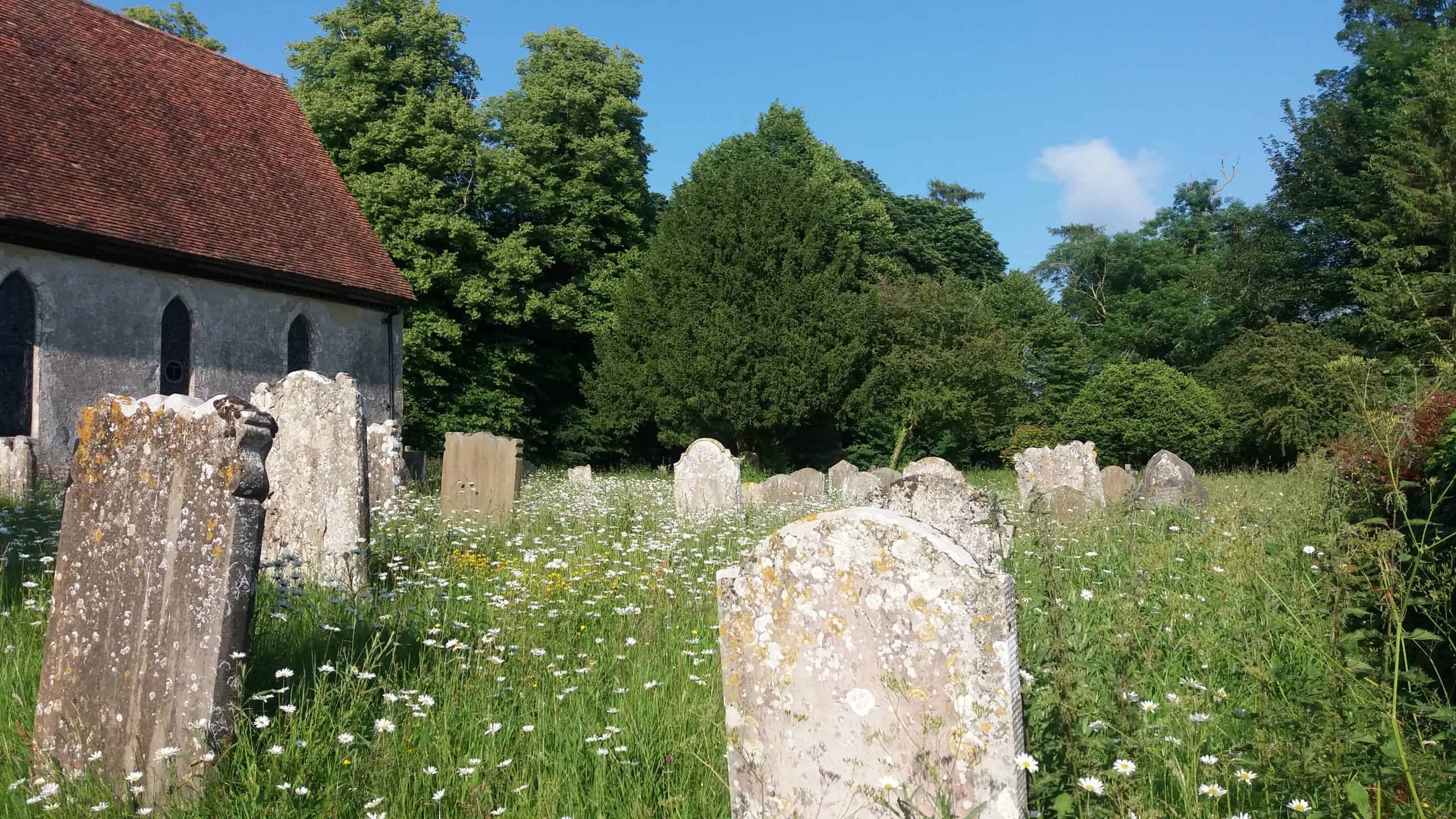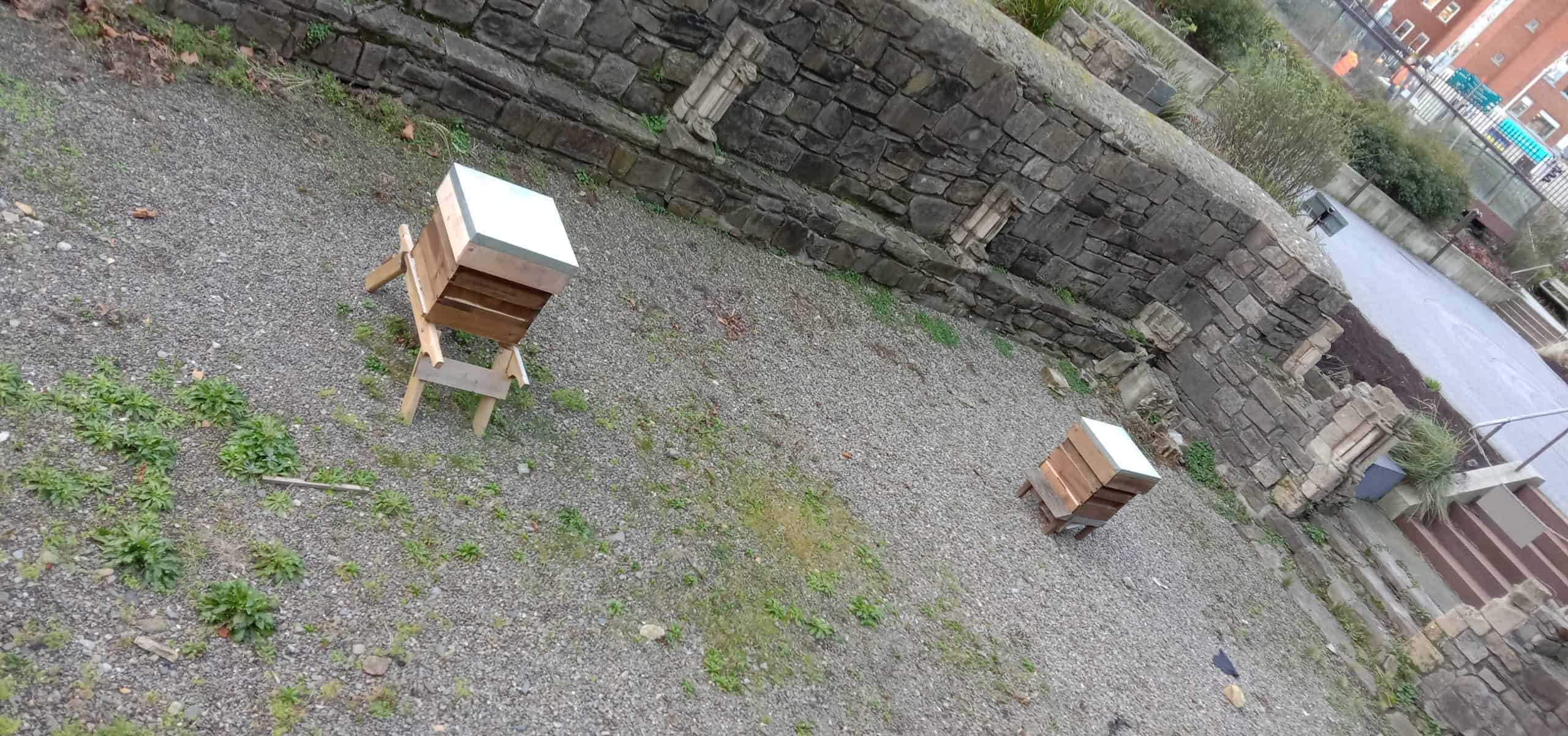By Alana Bailey
Worldwide, great efforts are being made to protect bees. It is increasingly being realized how dependent we are on the small insects for food security.
According to the researcher Tlou Masehela in an article that appeared on The Conversation, honey bees are responsible for the pollination of more than 50 crops in South Africa. Especially two native species play this role, namely the Cape honeybee (Apis mellifera capensis) and the African honeybee (Apis mellifera scutellate).
Locally, bees’ survival is threatened by, among other things, changing land use, efforts to eradicate invasive plant species that are important nutritional resources for bees, the agricultural industry’s use of chemical pest control agents and the effects of climate change. It is essential to raise awareness in this regard to protect the future of the bees and the food industries that depend on them.
Likewise internationally efforts are increasingly being made to protect bees. In countries such as England, areas such as churchyards and cemeteries are being left so that plants can grow there unrestrained to provide food and shelter for bees and other insects. So-called bug hotels are even set up in public places such as stations in England to promote a diverse insect life. In Ireland, too, attention is paid to the future of bees. In Christ Church Cathedral’s grounds two hives contribute to the country’s projects in this regard.
Share on
Latest articles























